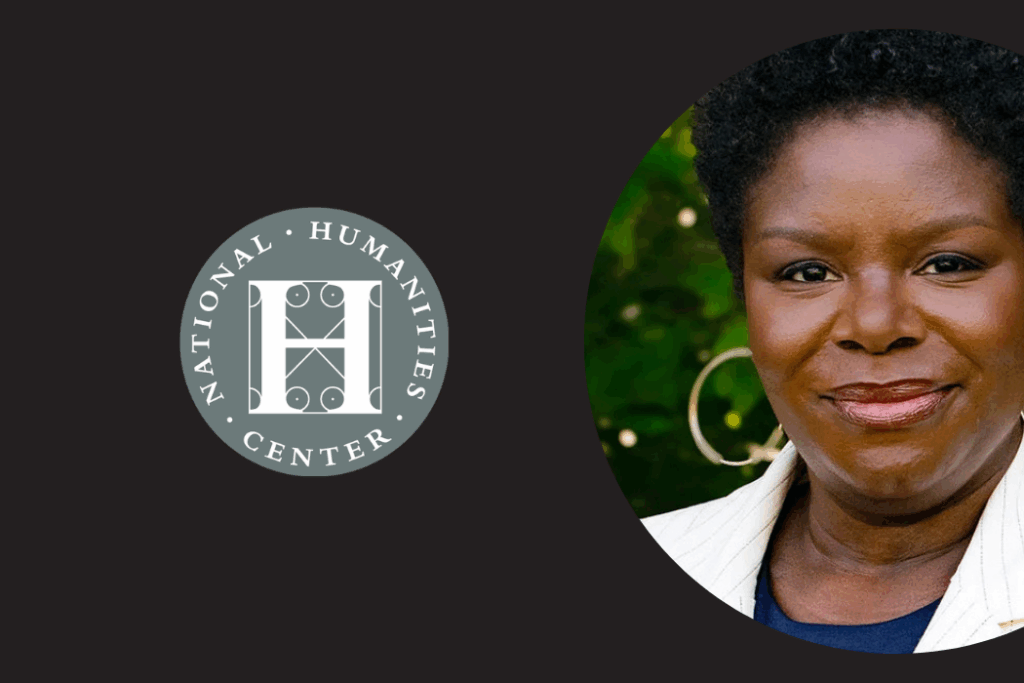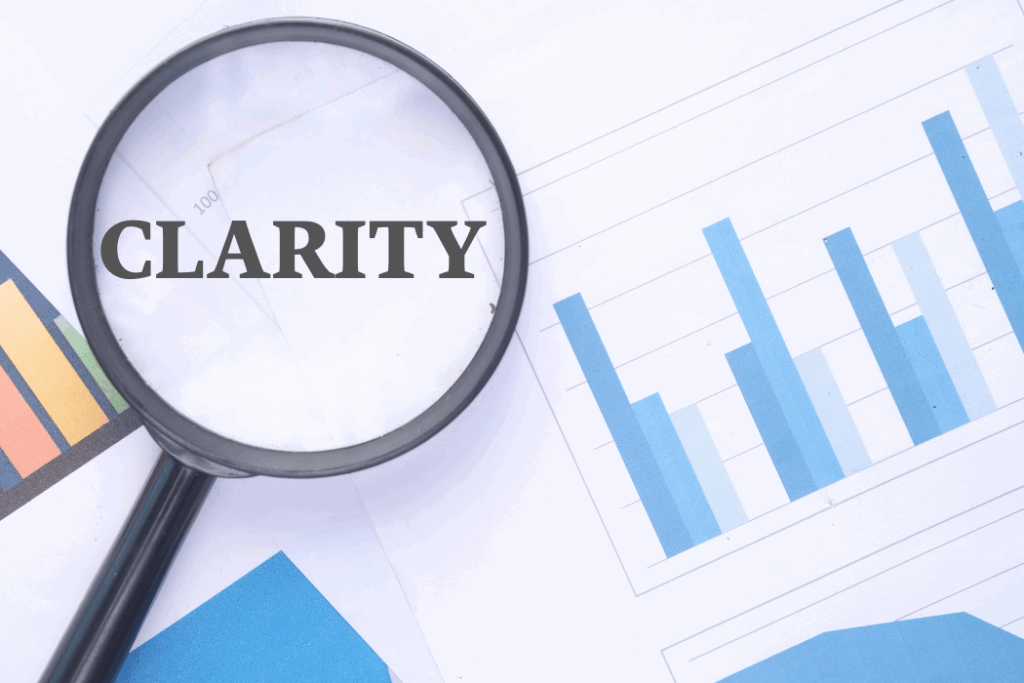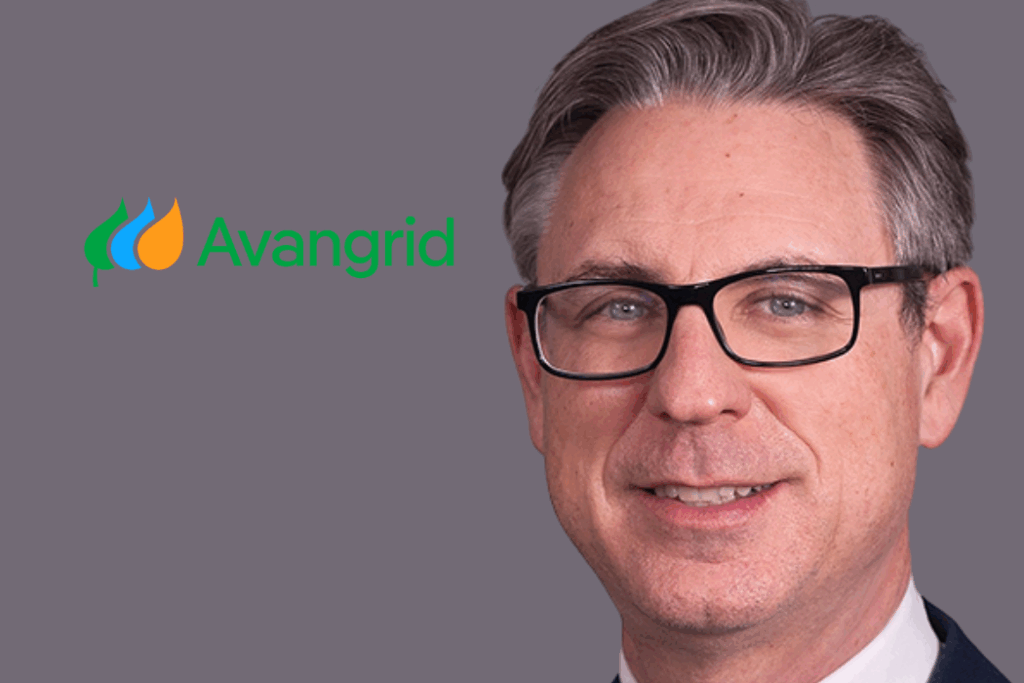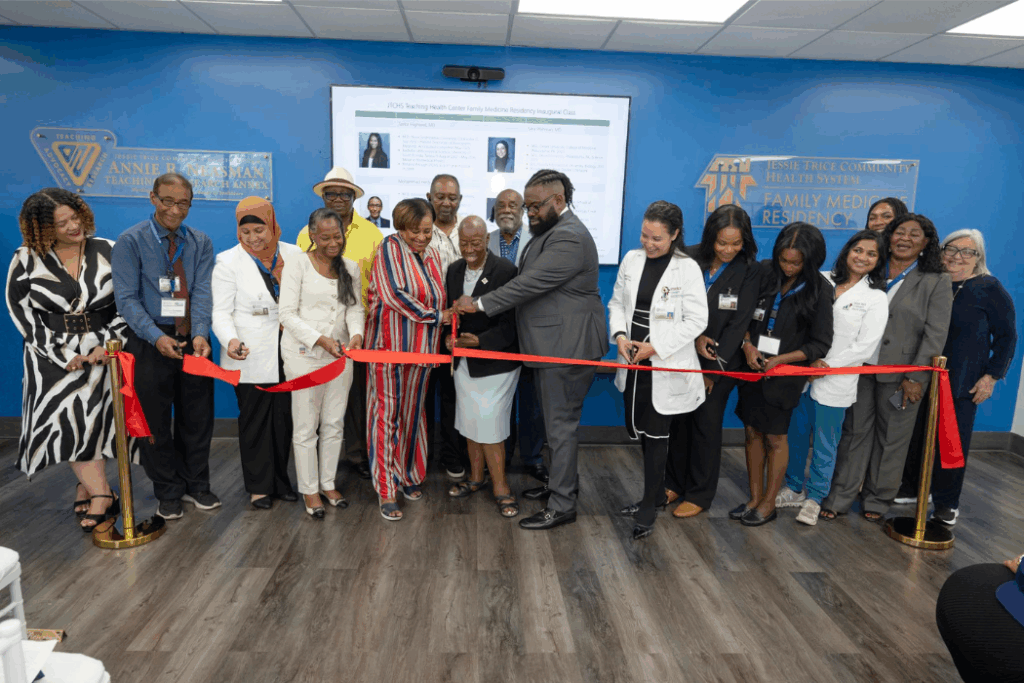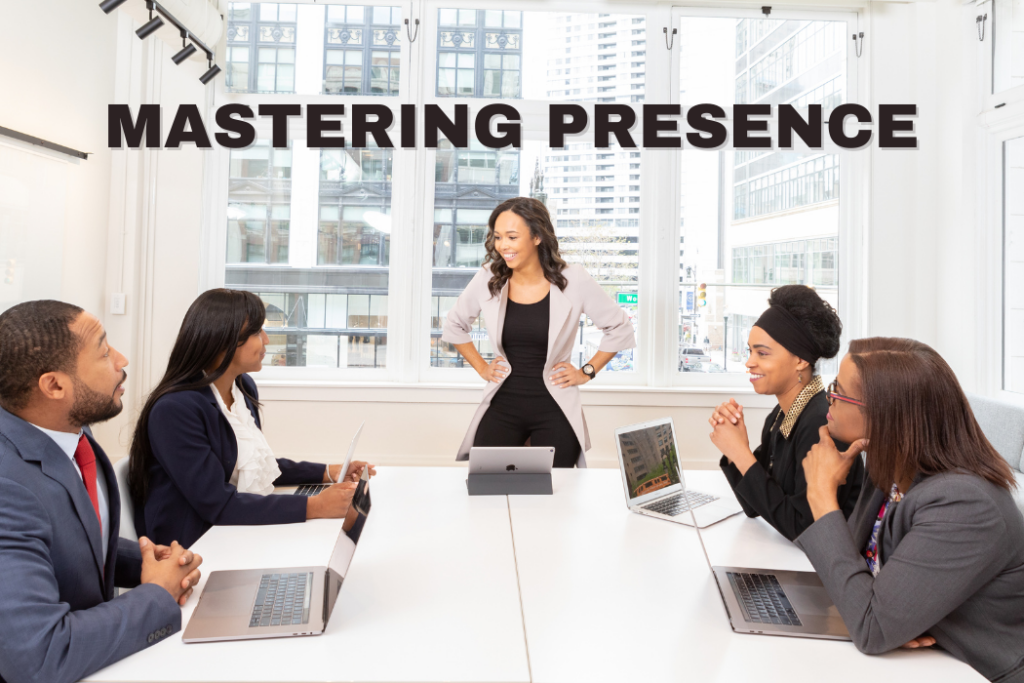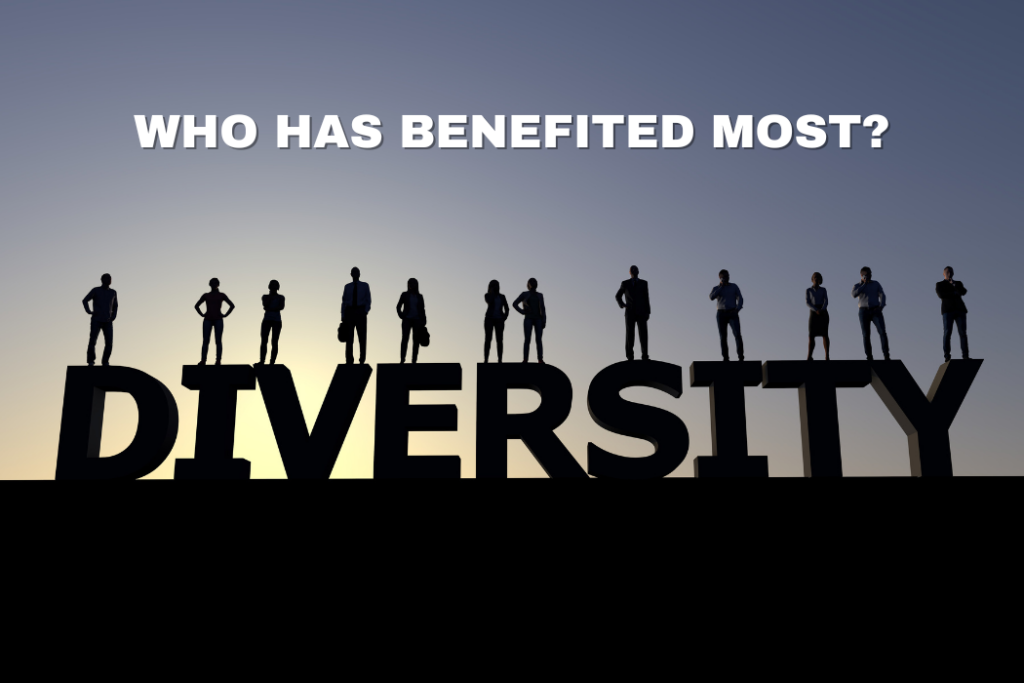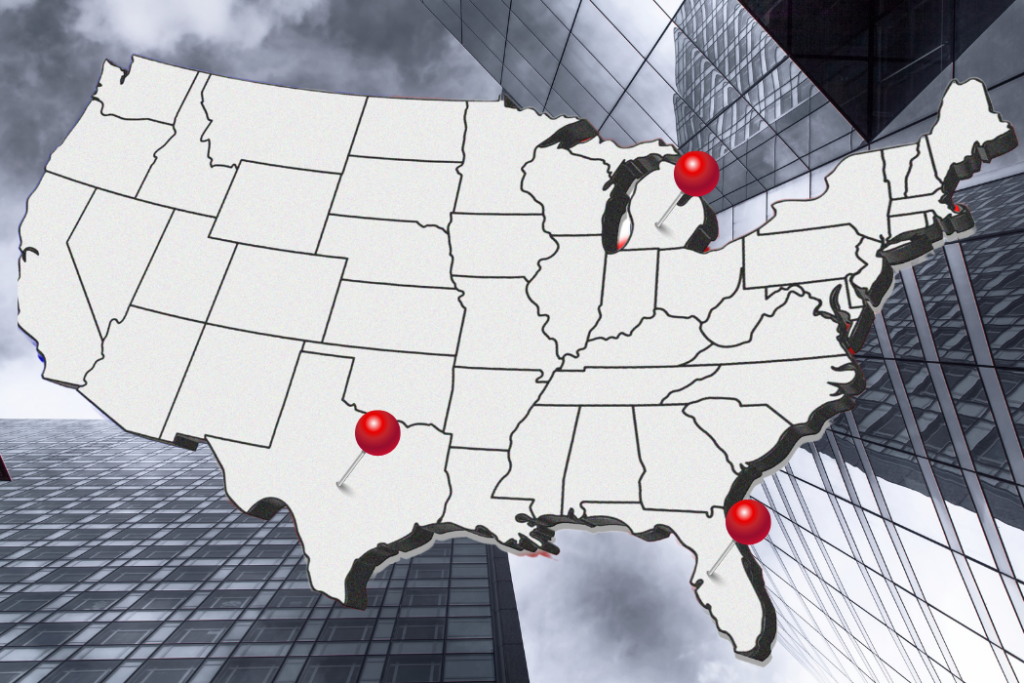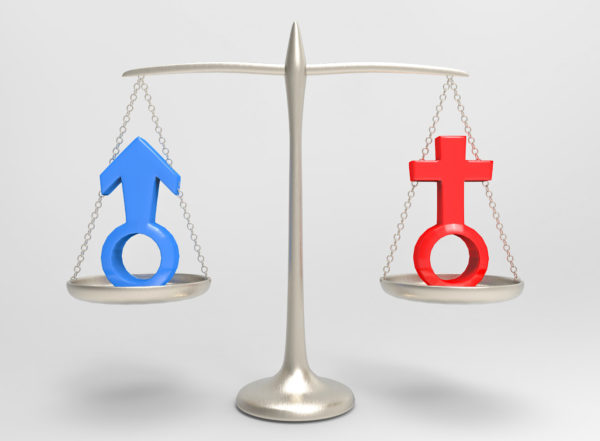
What you need to know about lack of access to finance for women entrepreneurs.
Women-owned businesses continue to be a growth generator for economies around the world and yet their continued success is being hindered by a lack of access to finance, particularly in comparison to their male counterparts.
This disparity between women- and male-owned businesses globally can be attributed to a variety of financial and non-financial barriers. First, gender discrimination persists and negatively impacts women who are often subjected to gender stereotypes and unconscious bias. Societal and cultural perceptions about women advancing in business or the workforce can negatively impact women business owners when seeking traditional loans or investments. Particularly when women and women-owned businesses are perceived to be medium or high credit risk in comparison to their male counterparts. In some societies, starting and owning a business is seen as strictly a male endeavor, which affects women’s ability to build professional and mentorship relationships thereby impacting their entrepreneurial growth and access to best practices. Limited financial literacy or fear of being denied funding can also inhibit women business owners from pursuing financing opportunities.
In terms of financial barriers, women business owners often face challenges establishing and obtaining credit as well as unfavorable lending policies due to lack of collateral. This is particularly exasperated in cases where women do not have adequate fixed assets, such as land titles or property deeds. There is also a high cost of funding for women who are geographically removed from urban centers and commercial banks. Therefore, necessitating alternative mechanisms to secure funding for their businesses such as personal savings or loans from family and friends. Even for those who can access commercial banks, women business owners are subject to generic services that do not consider their specific business needs, or they are assumed to be micro and small enterprises with reduced potential to qualify for larger loans. Women-owned businesses are not a monolithic group and not all are small, but those smaller businesses will continue to stay small if they do not receive adequate start-up capital.
In the United States, women-owned businesses apply at a similar rate as men, but only 39 percent of women-owned businesses had a conventional bank loan, compared to 52 percent of male-owned businesses. But access to finance is only one component of the issue facing women-owned businesses globally, as there are expansive gaps in linking access to markets to access to capital. Without both, women business owners are at an extreme disadvantage.
According to International Finance Corporation’s Entrepreneurs Finance Gap Assessment Database, the credit gap for formal women-owned small and medium enterprises (SMEs) globally is roughly $1.5 trillion while it is also estimated that globally there are roughly 9.34 formal million women-owned in over 140 assessed countries.
Financial institutions and corporations are increasingly recognizing that women-owned businesses are an underserved base that has potential to be profitable clientele who add innovation to their value chain and increase their bottom line. But the movement to address this has been uncoordinated and therefore slow moving, especially on a global scale. In order to provide increased service and access, these organizations need to acknowledge the specific needs of women-owned businesses and create and support programs that increase their knowledge and capacity through training and education programs. Working with partners to strengthen networks and the capacity of women entrepreneurs takes the burden off any one stakeholder and strategically and holistically addresses the issues in order to expand impact.
One such partnership between Moody’s Corporation and WEConnect International addresses these critical issues through the launch of the Council on Scaling Women-Owned Businesses: How to Connect Access to Markets to Capital. The Council will build a global strategy and set of recommendations to better address the linkages between access to markets and access to capital. The Council convenes subject matter experts specializing in global markets and capital and how women-owned businesses can find their path to them.
The partnership between Moody’s Corporation and WEConnect International also includes Reshape TomorrowTM, an innovative, global program to help owners of small and growing businesses overcome the challenges of expanding their enterprises. With Moody’s support, WEConnect International will launch the “Global Training Program for Women Entrepreneurs and Financial Institutions,” in Canada, Germany, and Nigeria. As one of six inaugural partners selected to provide expertise on empowering women entrepreneurs, WEConnect International is proud to partner with Moody’s on this training program to help women business owners access capital and markets. This effort is not only vital to empowering women business owners, but it is good for business to stabilize economies. Only when we convene the intellect, experience, and power of industry, non-profits, and governments, will we see the significant economic gaps close and communities flourish.


